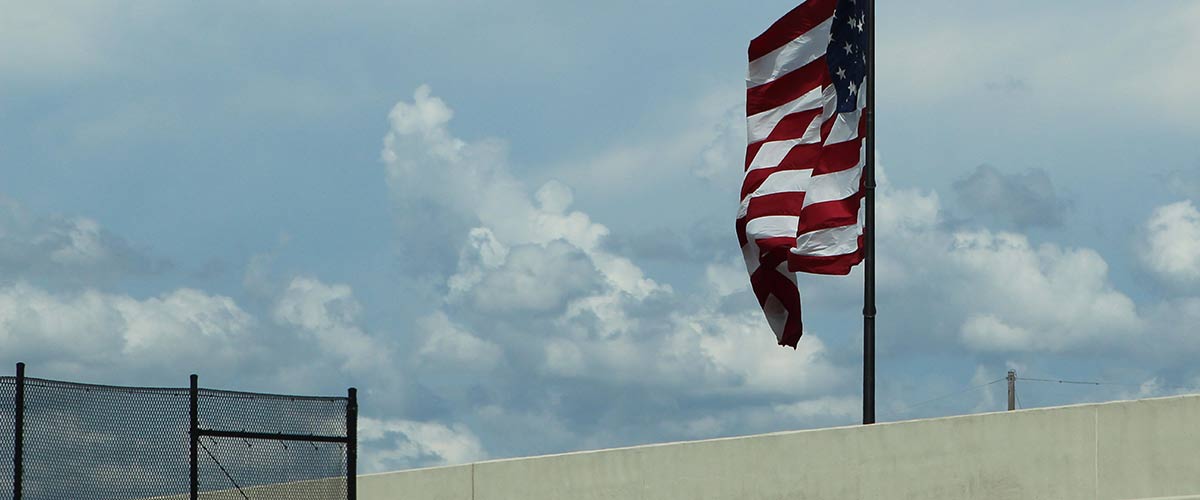Courts Immigration Interagency Collaboration April 1, 2019
One in four children in the United States have at least one immigrant parent, and 24 million immigrants in the United States have lived here for 15 years or more. While these statistics illustrate how immigrants are inextricably intertwined into U.S. communities, the practice of detention and deportation continues to expand, threatening community stability.
For Safety and Justice Challenge members working to reduce the overuse and misuse of jails, it is important to consider the unique issues facing non-citizen community members that can lead to disproportionately harsh and unintended consequences because of their contact with the criminal justice system. Overlooking this population may actually undermine jail population reduction and race equity work that is central to the goals of the Challenge.
The criminal justice system has long been a pipeline to deportation for non-citizens (a term for immigrants who are not U.S. citizens). This impacts not just people who are undocumented but also those with lawful immigration status, including long time permanent residents. Non-citizens can face permanent exile from their communities even for minor offenses that don’t involve jail time and in cases that were dismissed. Sometimes an arrest alone can spiral someone into the labyrinth of the immigration system and the potentially life-or-death consequences of deportation.
There are several specific policy changes related to immigrants that jurisdictions across the Network can explore to promote the inclusion, racial equity, and fairness at the heart of the Safety and Justice Challenge. Some examples include:
- Promoting diversion and community-based treatment options that do not exclude non-citizens (as many do)
- Addressing immigration detainer policies, which can increase pretrial detention time as non-citizens struggle to resolve cases fairly, given potential immigration consequences of convictions and the looming threat of deportation
- Studying the impact of local criminal justice policies on the criminalization and incarceration of black immigrants, who disproportionately face deportation on criminal grounds
All too often, non-citizens are overlooked when considering criminal justice reforms and made further invisible once in immigration custody. Immigration detention is a hidden and expanding driver of mass incarceration in local jails. Recently, it was reported that Immigration and Customs Enforcement (ICE) jails more than 50,000 immigrants daily, an all-time high and a number likely to grow as ICE asks Congress to fund a daily detention rate of 52,000 people in next year’s budget. While some immigrants are detained in for-profit prisons, immigration detention is increasingly being carried out through contracts with local jails.
People in ICE custody often languish in jails because of harsh immigration laws and a lack of due process. In the immigration system, there is no right to a public defender; so many people remain detained for long periods of time trying to find a lawyer and with no one advocating for their release or valid defenses against deportation. Many people are held without individualized bond hearings to assess whether incarceration while they fight their cases is even necessary. For those able to request a hearing, bonds are often set at unaffordable, high amounts and people must pay the full amount for release.
This results in a system of lengthy, unjustified pretrial immigration detention in local jails that carries costs not just for those incarcerated but also their loved ones and communities more broadly. Fortunately, there is growing awareness of how the immigration system overuses and misuses incarceration. Community-based movements calling for the end of contracts between ICE and local jails are on the rise. Local governments have started creating and funding deportation defense programs to provide lawyers to immigrants in detention and improve due process for all.
To learn more about policies for non-citizens in criminal custody and the momentum to address the immigration detention system, view our Safety and Justice Challenge webcast recorded on Tuesday, March 19th.


